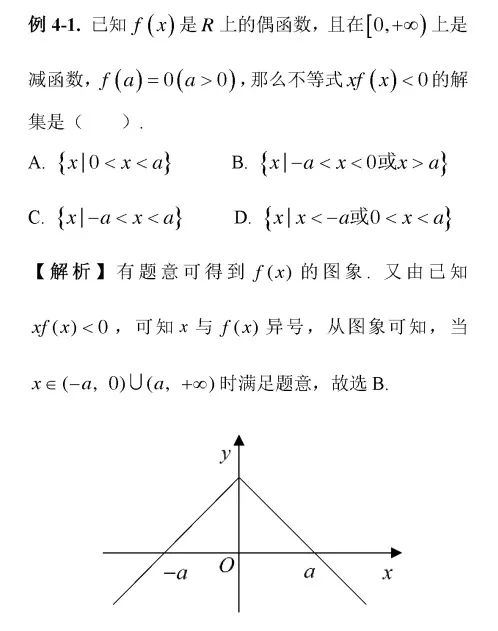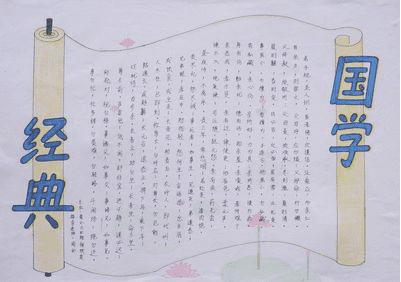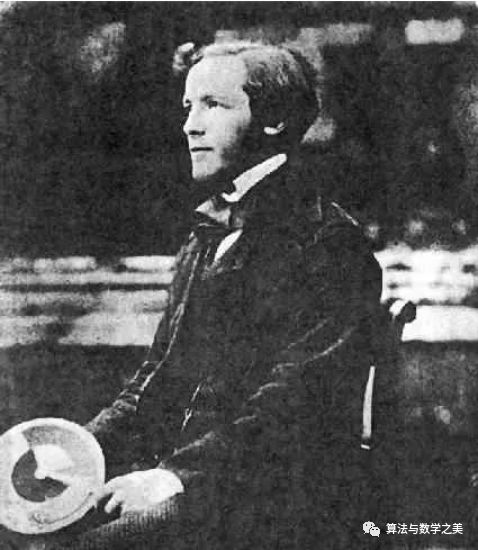 天籁
Sound of Nature
天地万物自然发出的声音。庄子将声音分为“人籁”、“地籁”和“天籁”三种。“人籁”是人吹奏竹箫所发出的声音;“地籁”是风吹过大地上的孔洞所发出的声音;“天籁”并非是有别于二者的另一种声音,而是指天地万物自己所发出的千差万别的声音,并非他者有意使之发声。庄子对“天籁”的肯定,意在破除主观用心的影响,发现并尊重万物真实自然的状态。后人多用“天籁”指诗文天然浑成、得自然之趣的审美意境,用“天籁之音”指称自然发出的悦耳动听的乐声。
This term refers to sounds produced by all things in nature between heaven and earth. Zhuangzi divided sounds into three categories: “human sounds,” “terrestrial sounds,” and “celestial sounds.” According to him, “human sounds” refer to sounds made by a vertical bamboo flute when a person blows air into its top end. “Terrestrial sounds” refer to sounds produced by the earth’s apertures when wind blows through them. “Celestial sounds” are not totally different from the above two. They refer to multifarious sounds made naturally by all things in the universe, which are not sounds created by external factors. By defining the “sounds of nature” this way, Zhuangzi meant to minimize the influence of the subjective mind so as to discover and respect the natural state of all things. People of later generations generally use this term to describe a literary work such as a poem or an essay that is written in a smooth way and has the appeal of natural charm. They also use the term “music of Nature” to refer to naturally produced sounds that are pleasant to the ear.
引例 CITATION
子游曰:“地籁则众窍是已,人籁则比竹是已。敢问天籁。”子綦曰:“夫吹万不同,而使其自己也,咸其自取,怒者其谁邪!” (《庄子?齐物论》) (子游说:“地籁是风吹过大地上的众多孔窍所发出的声音,人籁是人吹奏竹箫所发出的声音。请问天籁是什么?”子綦说:“风吹过万种孔窍而使它们发出不同声音,这些声音都是各个孔窍的自然状态自己产生的,鼓动众窍发声的还有谁呢!”)
Ziyou said: “‘Terrestrial sounds’ are those produced by the earth’s apertures; while ‘human sounds’ are those that come from a vertical bamboo flute. What then are ‘celestial sounds’?” Ziqi answered: “When the wind blows across the land, it makes a myriad of different apertures produce varied sounds. Such sounds are made naturally by those apertures. What else could rouse them to create such sounds?” (Zhuangzi)
天籁
Sound of Nature
天地万物自然发出的声音。庄子将声音分为“人籁”、“地籁”和“天籁”三种。“人籁”是人吹奏竹箫所发出的声音;“地籁”是风吹过大地上的孔洞所发出的声音;“天籁”并非是有别于二者的另一种声音,而是指天地万物自己所发出的千差万别的声音,并非他者有意使之发声。庄子对“天籁”的肯定,意在破除主观用心的影响,发现并尊重万物真实自然的状态。后人多用“天籁”指诗文天然浑成、得自然之趣的审美意境,用“天籁之音”指称自然发出的悦耳动听的乐声。
This term refers to sounds produced by all things in nature between heaven and earth. Zhuangzi divided sounds into three categories: “human sounds,” “terrestrial sounds,” and “celestial sounds.” According to him, “human sounds” refer to sounds made by a vertical bamboo flute when a person blows air into its top end. “Terrestrial sounds” refer to sounds produced by the earth’s apertures when wind blows through them. “Celestial sounds” are not totally different from the above two. They refer to multifarious sounds made naturally by all things in the universe, which are not sounds created by external factors. By defining the “sounds of nature” this way, Zhuangzi meant to minimize the influence of the subjective mind so as to discover and respect the natural state of all things. People of later generations generally use this term to describe a literary work such as a poem or an essay that is written in a smooth way and has the appeal of natural charm. They also use the term “music of Nature” to refer to naturally produced sounds that are pleasant to the ear.
引例 CITATION
子游曰:“地籁则众窍是已,人籁则比竹是已。敢问天籁。”子綦曰:“夫吹万不同,而使其自己也,咸其自取,怒者其谁邪!” (《庄子?齐物论》) (子游说:“地籁是风吹过大地上的众多孔窍所发出的声音,人籁是人吹奏竹箫所发出的声音。请问天籁是什么?”子綦说:“风吹过万种孔窍而使它们发出不同声音,这些声音都是各个孔窍的自然状态自己产生的,鼓动众窍发声的还有谁呢!”)
Ziyou said: “‘Terrestrial sounds’ are those produced by the earth’s apertures; while ‘human sounds’ are those that come from a vertical bamboo flute. What then are ‘celestial sounds’?” Ziqi answered: “When the wind blows across the land, it makes a myriad of different apertures produce varied sounds. Such sounds are made naturally by those apertures. What else could rouse them to create such sounds?” (Zhuangzi) 本站内容收集整理于网络,多标有原文出处,本站仅提供信息存储空间服务。如若转载,请注明出处。








